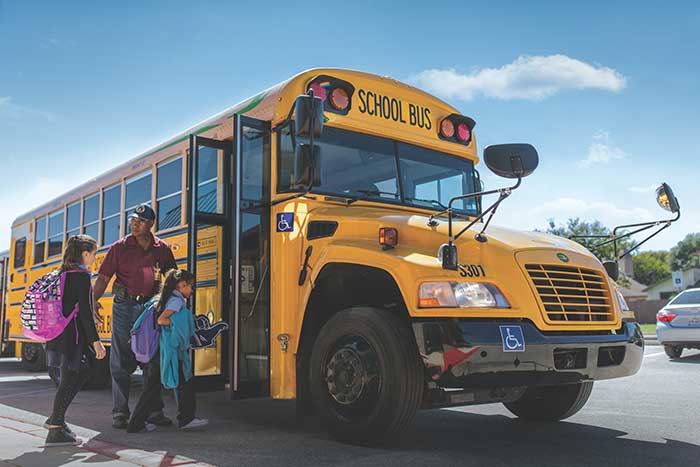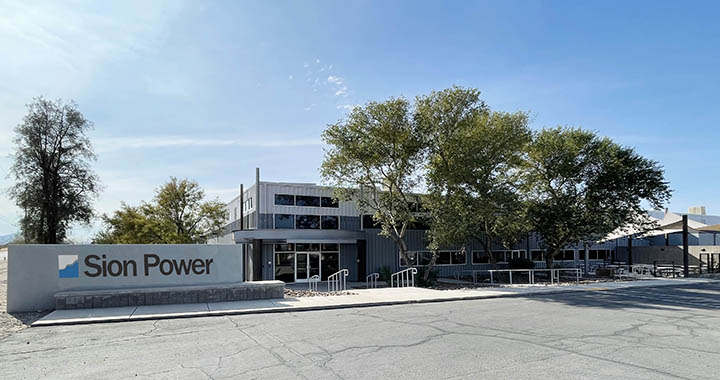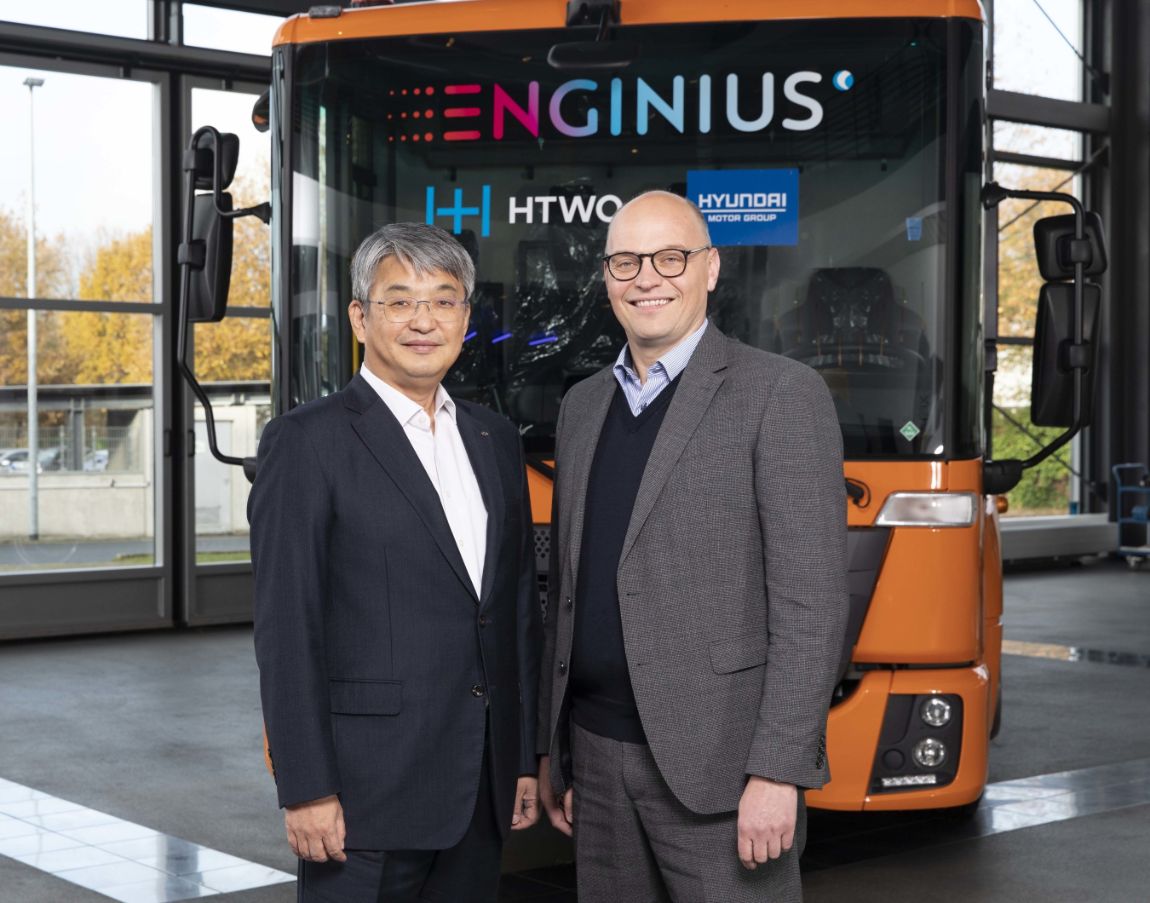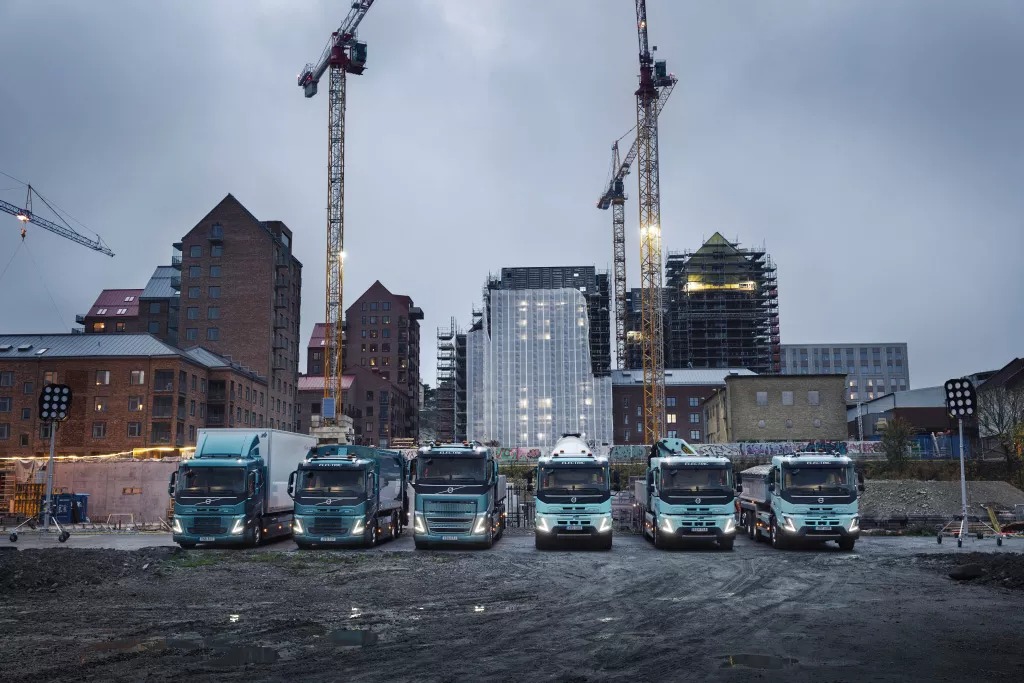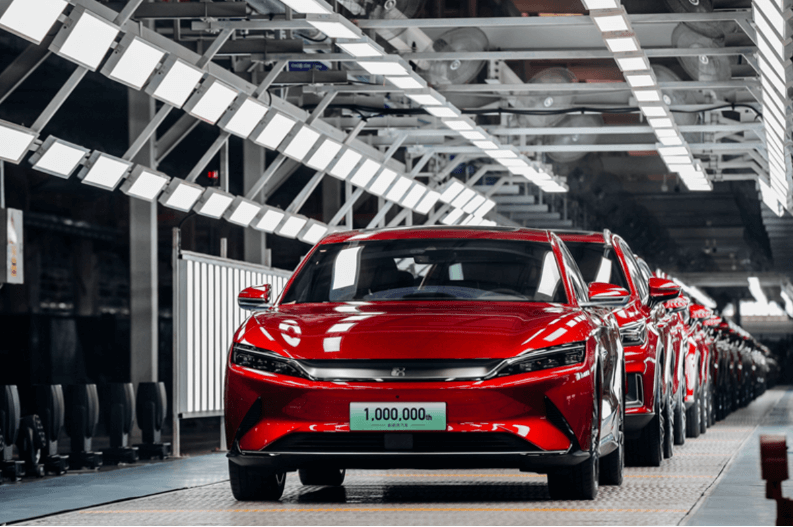A new report from Signal Climate Analytics (Signal), the climate research and analytics group, has found that despite setting ambitious net zero goals, the large multinational automakers are struggling to keep up with Tesla and BYD in the race to net zero. Many are struggling to electrify their fleets and secure access to critical battery materials.
The report, Charging up for the EV Race, assesses which auto companies are best positioned to transition to a post carbon economy, assessing factors such as emissions reduction, regulatory compliance, access to battery materials, market share for zero emissions vehicles (ZEVs) and sales targets. The research covers 29 of the world’s largest auto companies that account for nearly all passenger vehicle sales globally (96%), including BMW, Ford, General Motors, Mercedes-Benz Group, Tesla, Toyota and Volkswagen.
Signal found that the early adopters of electric vehicles (EVs), particularly Tesla and Chinese automaker BYD, are best positioned to comply with the more stringent fleet emissions regulation and targets being introduced globally. Their fleets are already zero carbon and they have superior access to the battery materials needed to continue manufacturing EVs. The way the regulation is set up to cover tailpipe emissions means they significantly outperform regulator targets in all markets they have exposure to. They are also well ahead of the IEA’s target to reach 62% battery electric vehicle (BEV & PHEV) sales by 2030 (at 100% and 79% respectively).
In contrast, the large auto companies – including Stellantis, Renault and Volkswagen have low historical emissions reduction rates and are struggling to shift fast enough.
This is particularly pronounced in the US, which to date, has not provided the incentives to develop ZEV sales or reduce fleet emissions. However, the regulation is now tightening. 17 of the companies analysed in the report – including Ford, Hyundai and Stellantis – have exposure to the US market. All of them, bar Tesla, will need to significantly increase the rate of fleet emissions reductions to meet the new 2026 targets. On average, passenger vehicle emissions must fall by an annual reduction rate of almost 9% from 2020 – 2026, a massive step up from the 1% per annum reduction achieved from 2014 – 2020.
While the larger more established companies such as General Motors and Volkswagen have maintained some of the highest absolute BEV sales, this remains below 10% of each companies’ total vehicle sales. These companies face a significant challenge in shifting the balance of their fleet away from internal combustion engines to ZEVs.
BYD and Tesla, as first movers in electrification, have also secured good access to the supply-constrained battery materials required to manufacture large numbers of EVs. BYD is minimising risk through its vertically integrated business model – as a supplier of lithium-ion batteries and manufacturing its own semiconductor chips – while Tesla has the largest number of supply partners of all those assessed in the report.
Among the traditional automakers, General Motors and BMW lead in battery supply chain resilience – General Motors with its lower reliance on nickel and cobalt batteries and BMW with well-established supply chain partnerships. However, they still have a long way to go. What’s more, they face fresh competition from emerging Chinese companies such as GAC Group, Changan Automobile and SAIC Motor. Incentivised by the supportive credit-based regulatory system in China, these companies have rapidly increased their BEV sales in recent years and are well-positioned to capture market share going forward, both at home and internationally – GAC, for example, has grown BEV sales to nearly 40% of their total sales in H1 2022 from 0% in 2018.
Japanese companies including Toyota, Honda, Mazda, Nissan and Mitsubishi Motors, which dominated the car market for quite some time, and who were early adopters of hybrid technology, are now lagging behind their international peers. These companies were late to invest in BEV and PHEV technologies. They have also struggled to establish battery supply chains, and have a notably lower percentage of sales than their US, Chinese and European counterparts – in 2021, none of them exceeded 2% of BEV sales as a percentage of their overall sales.
Interestingly, the researchers also found that the companies leading on issues related to climate governance (target setting, board level climate representation and climate-linked remuneration etc.), have not yet performed as well on the electrification of their fleets. By contrast, the Chinese companies and Tesla, that are currently leading in EV deployment, are lagging on these metrics.


